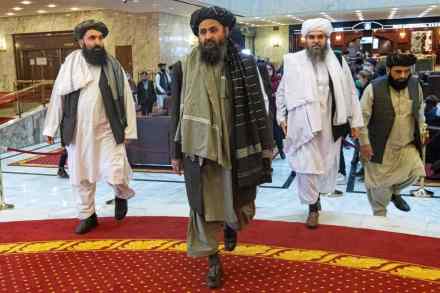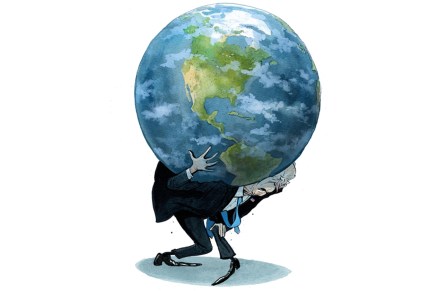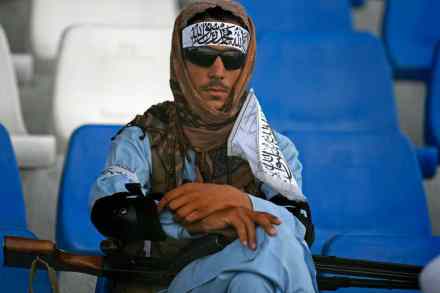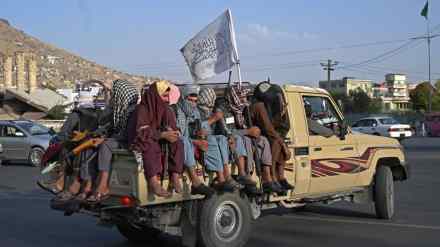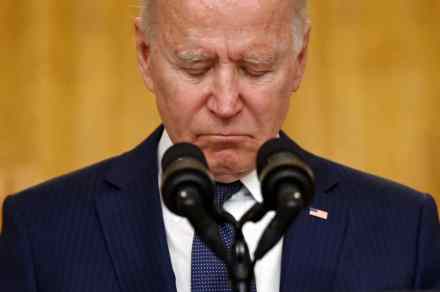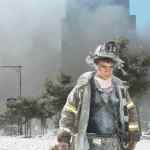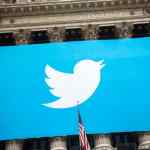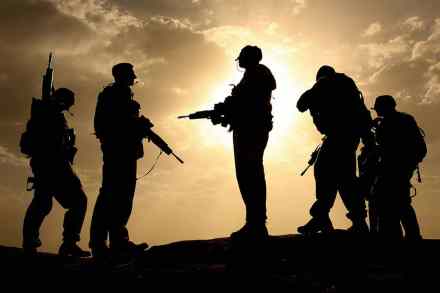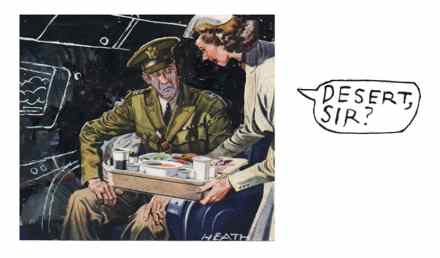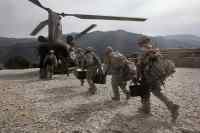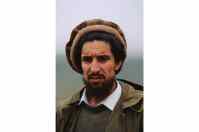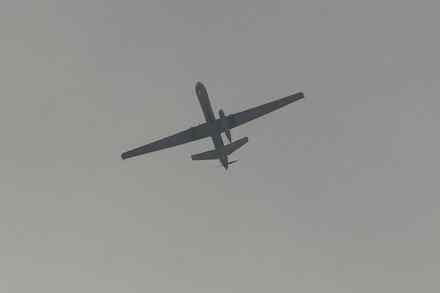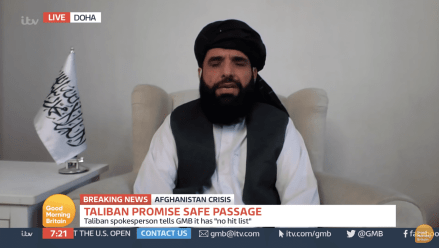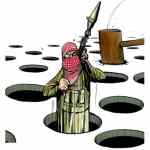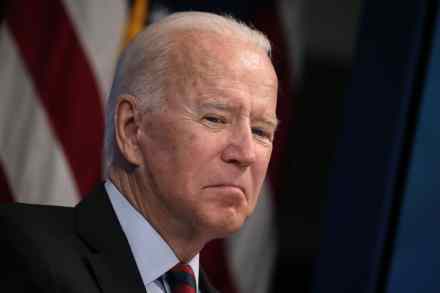Punch-up at the palace: why the Taliban is tearing itself apart
The office of the Afghan president, the Arg, sits in more than 80 acres of parkland, quadruple the size of the White House estate, and more than twice the size of Buckingham Palace grounds. Since it was built in the late eighteenth century, most of its occupants have died violently in one of the elegant buildings, built inside a large square compound of thick stone walls as a copy of an ancient fortress. But there has rarely been a scene like the one earlier this month, following the visit to Kabul of the head of Pakistan’s intelligence service, the ISI, Lieutenant General Faiz Hameed. He had come to Kabul to
